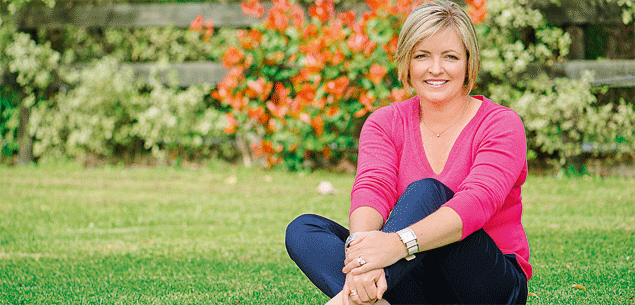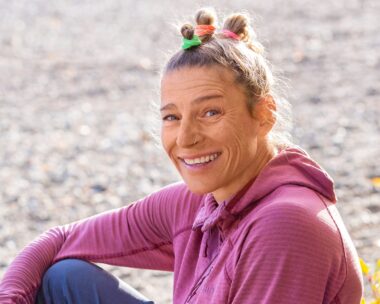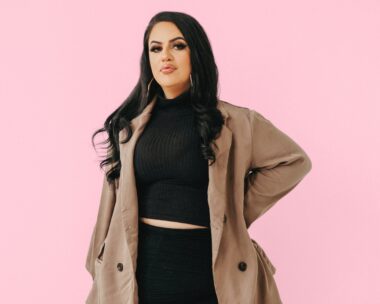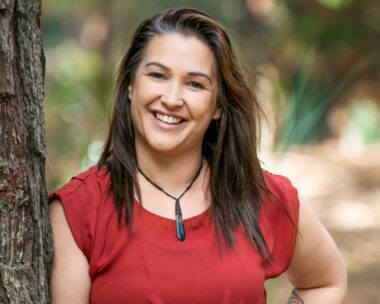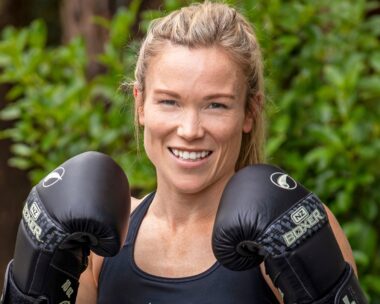Lisa Baker is the first to admit she’s got something of a stubborn streak.
“I don’t give up on things too easily,” says the legal executive from Kerikeri.
“It used to drive my parents crazy when I was a child.”
Although it may have been annoying for others at times, Lisa’s now very glad she’s a persistent person.
“Without that, I might not be here any more,” she says.
Thirteen years ago, the mum-of-two refused to accept doctors telling her that having a sore breast was probably just due to hormones and nothing worry about. She wanted to know exactly why she was experiencing a sharp pain that made it uncomfortable to lie on her side, and she wasn’t prepared to simply take Evening Primrose Oil and wait three months to see if it went away, as her GP suggested.
“I never thought it could be anything serious, like breast cancer, because I was only 30 and there was no family history,” says Lisa (now 43). She also had no lumps, no dimpled skin, no hot or swollen tissue or any changes in her shape – just the prodding feeling in the side of her breast.
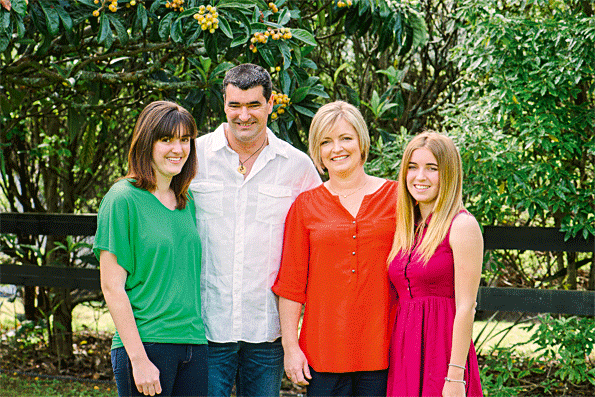
“I knew it wasn’t right to have the pain and I wanted to know what was wrong.”
When she asked her GP to refer her to a specialist, she got the feeling the doctor was a little offended.
“But if I was going to have to put up with it for another three months, I wanted to hear that from a specialist.”
Photos: Jess Burges Exposure Photographics
She was sent to a radiology centre for an ultrasound, and although the radiographer who did the scan said she thought there might be some thickening in the breast tissue, the radiologist said he couldn’t see anything and didn’t think she needed a mammogram.
“It was because I was only 30. But by then I was getting annoyed, and didn’t want to have to wait and see whether the pain went away.”
So Lisa went to St Mark’s Breast Centre in Auckland, where a mammogram showed that there was indeed something wrong. “It was a complete shock to find out I did have cancer,” says Lisa. “I really wasn’t expecting it at all.”
She had DCIS – ductal carcinoma in situ – or early stage cancer in the milk ducts. Lisa says that if she had waited the recommended three months before getting further help, it could have spread. But that wasn’t all – when her surgeon performed a mastectomy, he found a separate high grade two tumour near her chest wall that hadn’t shown up on the mammogram.
“They didn’t know it was there until they did the operation. Luckily, that hadn’t spread either – someone was watching over me,” says Lisa.
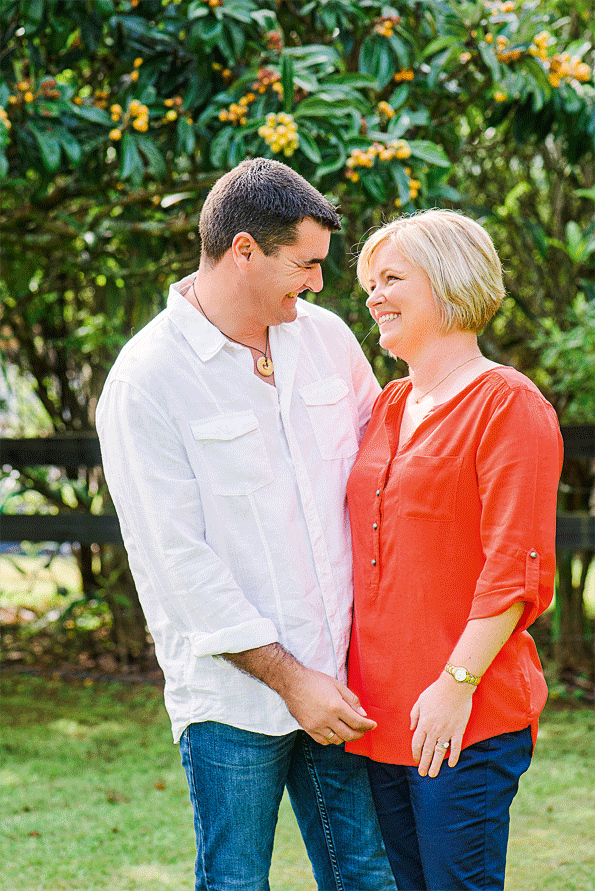
Lisa’s husband, Martin, and their two daughters, Claudia (16) and Karli (14), have seen her through two cancer diaognoses.
Her doctors weren’t able to tell her why she’d been in pain as breast cancer is usually painless, although there is a theory that the tumour could have been aggravating breast tissue.
She responded well to the chemotherapy and radiotherapy after the surgery and, as the years passed, was relieved when regular check-ups showed no sign of the cancer returning.
In 2010, she was looking forward to celebrating 10 years of being cancer-free, when a routine mammogram left her shocked once more.
“I had cancer again, this time on the other side. It was a whole new cancer – not related to the other one,” says Lisa, who had a lumpectomy and radiotherapy.
“I’d had no symptoms at all. I was just very fortunate I was having regular tests because of what I had already been through, and they picked it up.”
Although doctors think it could have been pure bad luck that Lisa got breast cancer twice, she’s currently undergoing testing to see if she has the BRCA gene mutation, that can increase the chances of breast and ovarian cancer.
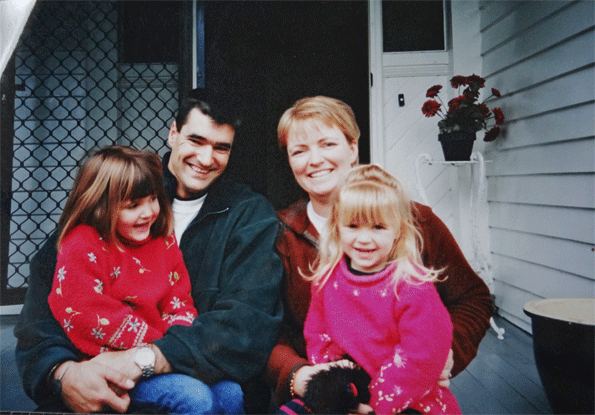
In 2000, doctors believed Lisa was too young to have breast cancer at just 30 years old.
If the results are positive, she will consider whether to have further surgery, such as the complete removal of her right breast and her ovaries.
Her specialist has also suggested her daughters, Claudia (16) and Karli (14), may want to have mammograms from as early as 20.
Lisa says going through breast cancer twice has been tough, but she feels lucky her family have been so supportive, and that none of the treatments have taken a devastating toll on her health. “I was fortunate not to lose my hair or get sick from the chemo.”
She wants to encourage other women to make sure they have regular breast checks, and to understand that lumps are not the only symptoms of breast cancer.
“I always thought I would survive this, but I wonder what might have happened if I hadn’t been so determined to find out what was wrong.”
